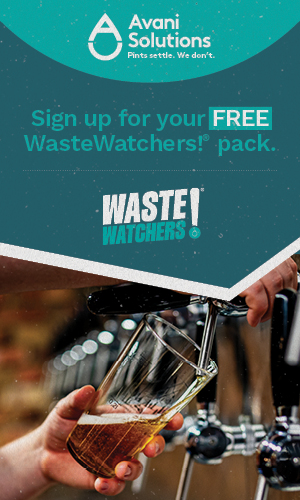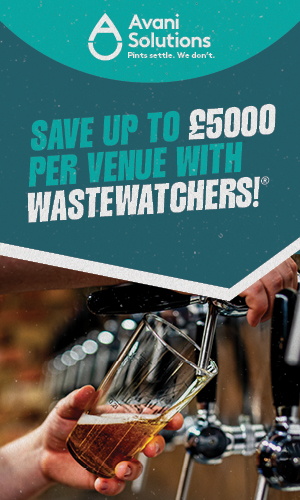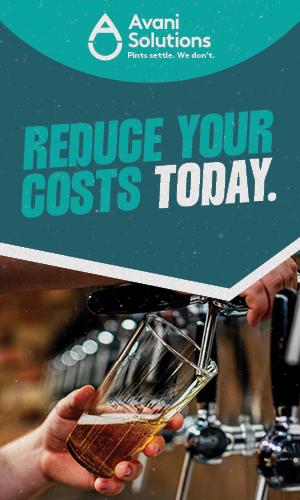Food delivery apps are a mainstay of foodservice now, but how can they be used to nudge people into making more sustainable meal choices?
Quite easily, it seems. Researchers led by Paul Lohmann from the El-Erian Institute of Behavioural Economics and Policy, at the University of Cambridge, tested three different interventions to reduce the carbon footprint of food choices made on food-delivery apps.
They used an interactive web platform that mimics popular online food-delivery platforms (like Just Eat) but included three new conditions: a sign-posted meat tax, a carbon footprint label, and a so-called ‘choice-architecture intervention’ that changed the order of the menu so that the lowest carbon-impact restaurants and dishes were presented first.
They found that only the choice-architecture nudge significantly reduced the average meal carbon footprint – by 0.3 kg/CO2e per order (12%). This was driven by a 5.6 percentage point (13%) reduction in high-carbon meal choices, they wrote in a paper published in the journal PNAS Nexus.
The meat tax and footprint label also proved effective in encouraging lower carbon choices, but only among those with more knowledge of the climate impacts of food consumption.
The academics also found “evidence of significant health and wellbeing co-benefits”, with the menu repositioning resulting in the average meal order having greater nutritional value and fewer calories. The 4,008 people involved also self-reported increased satisfaction with their meal choice.
Sophie Attwood, senior behavioural scientist at WRI, who was not involved in the study, summed the findings up on social media. “(More) new evidence that menu redesign can effectively reduce the carbon footprint of our meal choices in food delivery apps. No dents in consumer satisfaction.”
The researchers reckon that menu repositioning would be a highly cost-effective policy instrument if implemented at scale, with the return on investment expected to be in the range of £1.28 to £3.85 per metric tonne of avoided CO2 emissions, depending on implementation costs.
They admitted further research is needed: they didn’t track long-term adjustments in behaviour, for example, and some of their carbon calculations were necessarily rough (accurate calculations would have required footprinting of all foodservice providers and meals on the app).
However, the findings are promising, and the psychological mechanisms underlying menu-repositioning interventions warrant additional investigation. The approach could also work in canteens in schools, they added.








